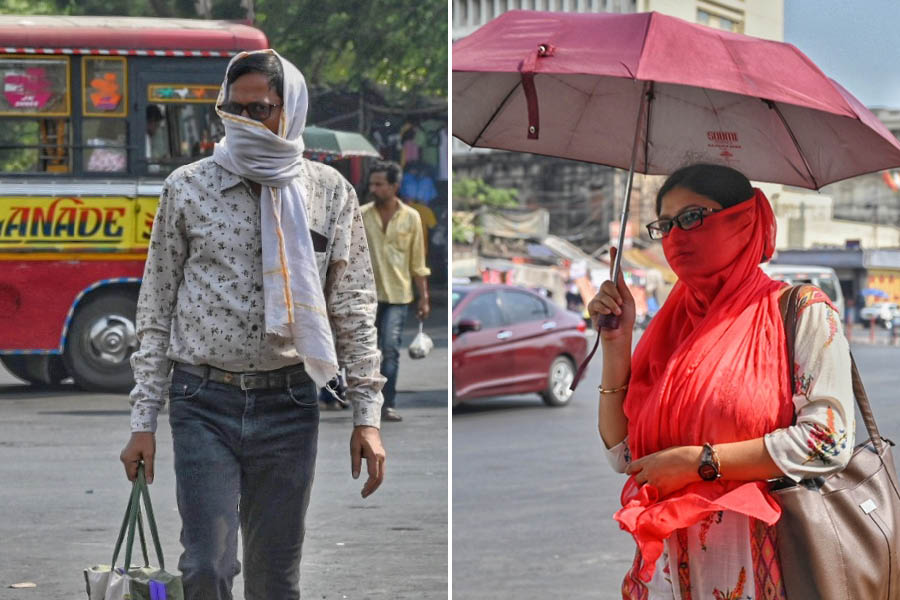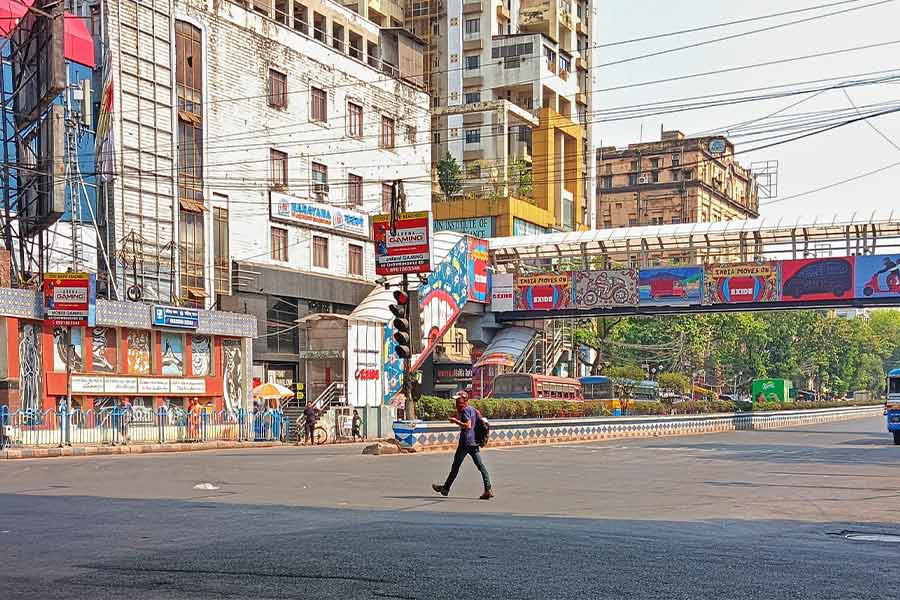In three years from 2019, 22,928 people were ‘kidnapped’ from West Bengal. Of them, 4,740 were still missing at the end of 2021.
According to numbers available with the National Crime Records Bureau, around 75 per cent of the people who were ‘kidnapped’ between 2019 and 2021 in West Bengal were children.
The absolute number is staggering: 17,169.
The rulebook says police are bound to start a suo motu kidnapping case if a minor is reported missing in their jurisdiction and if they fail to trace him or her within 24 hours.
According to national statistics, the number of children who left home on their own is higher than those who were kidnapped with a motive, such as ransom.
In the last three years, 6,217 children left home on their own, 1,536 eloped and 198 were kidnapped for ransom.
Possibly, the fact that the number of children who leave on their own is larger than that of those being kidnapped makes a section of the police reluctant to acknowledge the seriousness of the situation when parents complain that their child is missing.
Like in the Baguiati double murder case, they presume the children will return of their own accord. But even if a child has left home by himself or herself, it is the police’s responsibility to trace them.
“It does not matter if the child has gone on his or her own. Who gives the guarantee that the child will not be trafficked? The police cannot shirk their responsibility saying the child went on his or her own,” said Ananya Chatterjee Chakraborti, chairperson of the West Bengal Commission for Protection of Child Rights.
Bappaditya Mukherjee of Prantakatha, an organisation that works for child rights protection, said: “This (not taking a missing case seriously) has become the general mentality of the police.” In most cases, he said, the police react only after the crime is committed.
“Their main focus is on heinous crimes like murder and dacoity. But what they do not understand is that by giving importance to kidnapping cases, which could either turn into a case of trafficking or even murder, they can actually prevent a crime,” Mukherjee said.
A girl who elopes with her friend, but later becomes a victim of trafficking, can be saved if the police react on time, instead of treating it as a ‘case of elopement’.
West Bengal reports a large number of cases of human trafficking and most of the victims are children, who either trust a neighbour who promises a better life or someone professing love.
An activist who works for the rescue and restoration of trafficked girls told The Telegraph: “When we go to report about a missing girl, the first reaction of the police is to say that the girl has eloped.”
When the families of Atanu Dey and Abhishek Naskar, the 16-year-olds who went missing on August 22 (they were found dead the next day but the bodies were identified on Tuesday), went to the police station the same night, officers reacted similarly saying the boys “would return on their own”.
“This is the most unfortunate part. Police officers can never presume or jump to any conclusion without evidence or investigation. Just because we come across several cases where children leave home on their own and often return safely, does not mean that the police will take it easy and not probe the matter at all,” said an IPS officer who is not attached to the Baguiati probe.






